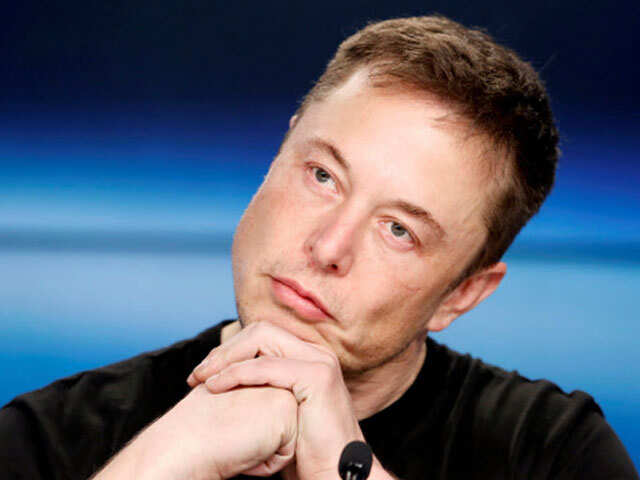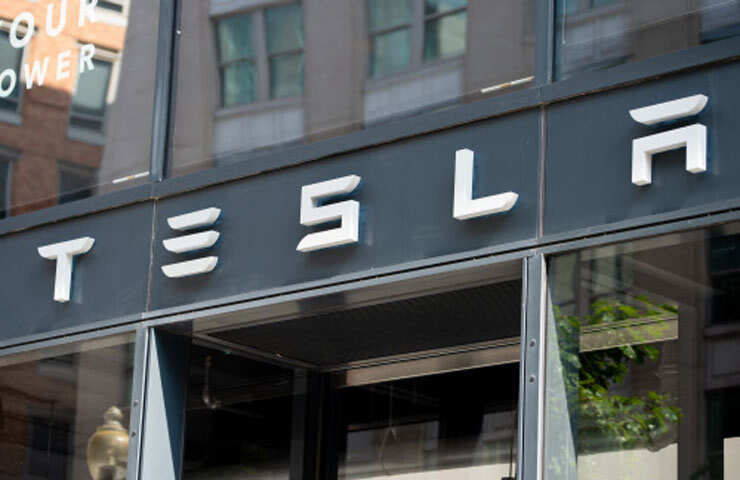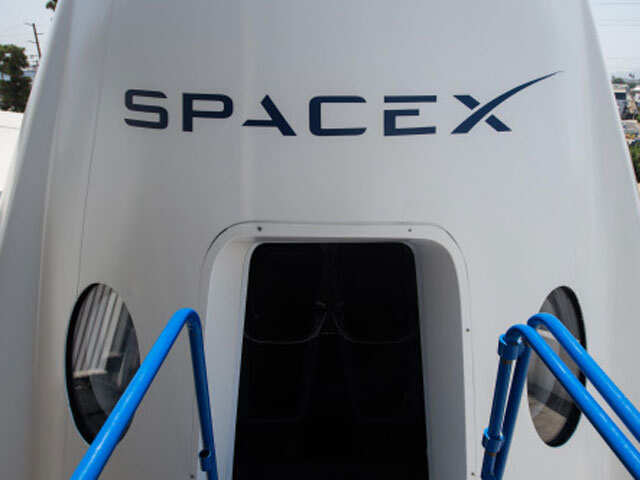 Elon Musk has said says he wants to take Tesla private. The electric car company’s chief executive announced he was considering as much with an impulsive tweet Aug. 7, and expanded on his thinking in a letter to employees, a blog post and an interview with The New York Times.
Elon Musk has said says he wants to take Tesla private. The electric car company’s chief executive announced he was considering as much with an impulsive tweet Aug. 7, and expanded on his thinking in a letter to employees, a blog post and an interview with The New York Times.What is not clear is how, exactly, Musk would pull off such a deal. Tesla is publicly traded on Nasdaq and has a market value of about $55 billion. Were Musk to take Tesla private at his proposed price of $420 a share, Tesla would be valued at about $71.6 billion. But removing such a big company from the public markets is no easy task.
Why even do this?
The public markets have treated Musk well, supplying him with plenty of equity capital over the years. He also has many patient shareholders who have stood by him as he has behaved in unorthodox ways, missed important production targets and used Tesla to purchase his solar company, SolarCity. And Tesla’s shares were on a tear just before he fired off his tweet.
But Musk has expressed frustration with the demands of operating Tesla as a public company. In the letter to employees, he said that being public “subjects us to the quarterly earnings cycle that puts enormous pressure on Tesla to make decisions that may be right for a given quarter, but not necessarily right for the long-term.” Plus, Musk noted, Tesla is the target of short-sellers, who are betting that the stock will go down and “have the incentive to attack the company.” Were Tesla private, Musk argued, it would be steadier and even more innovative, like his privately held rocket company, SpaceX.

Who owns Tesla?
Musk is the single largest Tesla shareholder, owning just under 20 percent of the company. After Musk, there is a steep drop-off. Baillie Gifford, an investment firm in Scotland, is Tesla’s second-largest shareholder, with about 8 percent of the shares.
After that, a handful of traditional institutional investors — T. Rowe Price, Fidelity Management, Vanguard Group and BlackRock — each hold 4 percent to 7 percent of Tesla shares. Tencent Holdings, the big Chinese conglomerate, owns about 5 percent. And in recent weeks, Saudi Arabia’s sovereign wealth fund took a stake of nearly 5 percent. Beyond those shareholders, there are hundreds of smaller ones. The disparate investor base could complicate any deal.
How would a buyout work?
Musk has made clear he is not envisioning a traditional leveraged buyout, in which buyers borrow money to take a company private and then saddle the company with the new debt. Few banks would be willing to back such a transaction, given that Tesla’s cash flows are erratic and it already has a fair amount of debt.
Instead, Musk believes that “approximately two-thirds of shares owned by all current investors would roll over into a private Tesla.” It’s not clear how he came up with that number, and which investors, if any, have committed to take part in a deal. If Musk did get shareholders owning two-thirds of the stock to take part, he would need about $24 billion to buy out the others at $420 a share. But if he is unable to muster that much support, the deal could get much costlier.
Who might stick around?
Clearly, Musk needs to get as many of Tesla’s biggest shareholders as possible to exchange their public shares for private ones.
But not all of these investors might be able to own substantial stakes in a private company. Some big institutional investors hold Tesla shares in index funds and most likely would sell in the event of a deal. And in recent months, two of Tesla’s largest holders, T. Rowe Price and Fidelity Management, sold large chunks of their shares in the company.
Here’s where Tesla’s broad investor base could help Musk: Even if some of the top shareholders don’t stick around, allowing many of the smaller shareholders to buy in could, in theory, replace the loss of one or two big investors.
Where would the new money come from?
That’s the $24 billion question. Musk suggested that financing was secured for the deal when he sent his Twitter message Aug. 7. In his blog post, Musk elaborated, saying he had been discussing taking Tesla private with the Saudis for almost two years.
After a July 31 meeting with the managing director of the Saudi fund, Musk left with the impression that completing such a deal “was just a matter of getting the process moving,” he said in the blog post. “This is why I referred to ‘funding secured.'” If only it were so simple. The Saudi fund has been mum, and is reportedly considering investing in an upstart electric car company, Lucid Motors, which could complicate a deal with Tesla.
Musk said he was working with Silver Lake, the private equity firm. Silver Lake took part in the buyout of Dell and could contribute capital to a deal for Tesla. Institutional investors like T. Rowe Price and Fidelity sometimes take equity stakes in private technology companies and could do something similar here. And Musk, a billionaire, could draw on his broad network of relationships and companies, including SpaceX.

What’s that about SpaceX?
The Times reported that people involved in the process are evaluating how SpaceX, Musk’s privately held rocket company, could help bankroll a deal for Tesla. SpaceX was valued recently at $21 billion, and Musk owns about half the company.
SpaceX is believed to be profitable and have cash on hand. But a person familiar with the company’s finances, who was not authorized to speak publicly on behalf of the company, said it does not have so much cash that it could contribute a meaningful stake to a buyout of Tesla.
Another, more likely maneuver would see Musk sell some of his SpaceX stake to help finance the Tesla deal, or use it as collateral for a big loan. In that case, Musk would need a buyer for his SpaceX shares. “The intention is not to merge SpaceX and Tesla,” he wrote in the letter to employees.
What happens next?
Investment banks, private equity firms, sovereign wealth funds and elite law firms are already working to structure a potential transaction. Three Tesla board members are evaluating the prospects of a deal as well.
If Musk can muster enough support for a deal, he will bring forward a proposal. If the board approves it, shareholders will be given the opportunity to roll into a newly private Tesla, or tender their shares.
But to ensure the deal is protected against legal challenges, a majority of Tesla’s shareholders, excluding Musk, would most likely have to vote for the deal, said Charles M. Elson, professor of finance at the University of Delaware. So instead of simply needing 31 percent of Tesla shareholders to combine with Musk’s 20 percent stake, a much larger proportion of the minority shareholders would in theory need to vote for the deal.
With the stock trading at about $320 per share — higher than a month ago, but far below the $379.52 it closed at on the day of Musk's fateful tweet, not to mention the prospective buyout price — investors appear to remain skeptical that taking Tesla private is a done deal.